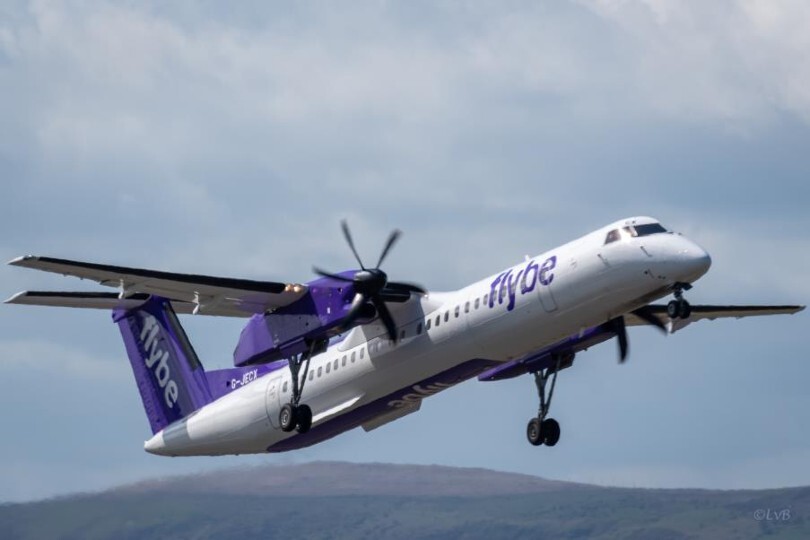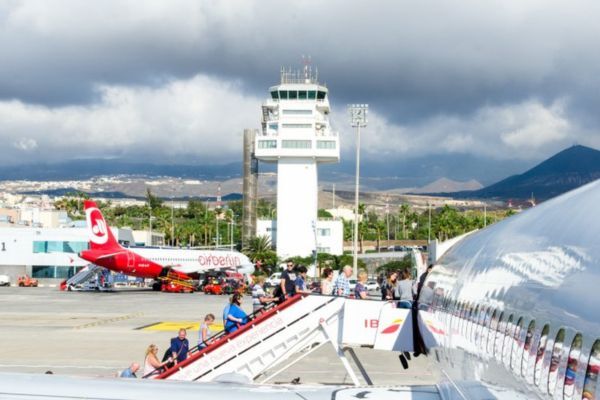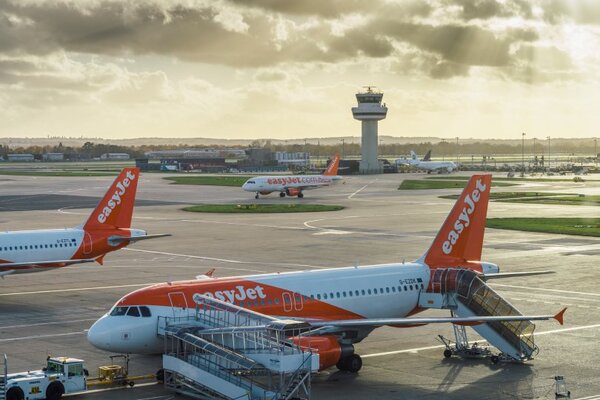Grounded for good: is this really the end for the Flybe name?
 Gary Noakes
Gary NoakesYou have to know when it’s time to leave the stage and, for Flybe, a second attempt at a relaunch was one curtain call too many – let alone a third.
It has been a sad but perhaps inevitable end to a brand whose origins stretch back to 1979 when Jersey European Airways was established.
This became British European in 2000 before being shortened to Flybe in 2002. It was to become one of the first casualties of Covid, collapsing in February 2020 as the pandemic loomed large on the horizon.
The earlier version of Flybe was too ambitious – it bought British Airways’ unprofitable regional arm, BA Connect, in 2002, thinking it could follow the likes of easyJet in building a loyal low-cost following, ordering a fleet of Embraer jets.
There was an air of disbelief when investors announced plans to revive it during the pandemic. Flybe Ltd began flying in April 2022, but collapsed on 23 January 2023.
At a conference in November, Jonathan Hinkles, boss of rival Loganair, made a grimly comic prediction.
He said Flybe’s revival was “like watching the first five minutes of [TV hospital drama] Casualty; you know something is going to happen, you know it is not going to be good, you just don’t know when”.
During Flybe’s hiatus, Loganair, Aer Lingus Regional and Eastern Airways picked off its most profitable routes.
Flybe Ltd did, however, have a potential saviour in the form of seven pairs of slots at Heathrow and five at Schiphol, potentially worth hundreds of millions of pounds.
They were awarded to Flybe by regulators as “remedy slots” to ensure competition in 2012 after British Airways purchased rival British Midland.
They were very valuable pieces of real estate, although Flybe – with its small 78-seat propeller aircraft – could not use them to their full advantage.
Slots debate
Following the latest collapse, there was much head-scratching over whether Flybe owned the rights to these slots, with a source close to administrators Interpath Advisory claiming: "We very much do see the slots as part of the asset base of the company."
If true, Flybe suddenly became an attractive sale proposition and to facilitate this, Interpath informed the CAA of its intention to apply for a temporary operating licence to revive Flybe, an unprecedented move.
Meanwhile, Loganair confirmed it had applied for the Heathrow slots on the day of the collapse. The application to the CAA never got beyond the official filing.
A source close to the administration process told TTG there were issues over whether European authorities would recognise a temporary licence, allowing Flybe to serve its French, Dutch and Swiss destinations.
The source confirmed another issue concerning the slots, with it remaining unclear whether the carrier’s winter collapse meant it still held summer slots under the “use it or lose it” rule – the timing meant any purchaser would have had to scramble to fit these into its summer schedules.
Sliver of hope
In the end, the legal wrangling saw all interested parties back off and Flybe is no more.
BA has come out of it well, as slot coordinator ACL revealed the day after talks broke down that Flybe’s 43 winter slot pairs had been automatically returned to it.
So where does this leave UK regional aviation? Fortunately for airlines, the UK is an island and there is a need for air connectivity, with all but four of Flybe Ltd’s original 23 routes crossing the sea.
But anyone thinking of stepping into Flybe’s boots should tread carefully. The low cost base of, for example, Ryanair, means it can make money on filling 189-seat jets with leisure travellers more efficiently than Flybe could with aircraft less than half this capacity.
Moreover, a decade ago, it was not frowned upon to fly between Manchester and London or Birmingham and Edinburgh, but sustainability issues and better trains mean it is now, which makes many consumers and especially corporate travellers think twice.
The latter, who buy airlines’ most expensive fares, are also replacing much domestic travelling with video calls instead. All this means any further attempts at reviving the Flybe name look very, very optimistic indeed.
Sign up for weekday travel news and analysis straight to your inbox

Gary Noakes
Supplier Directory
Find contacts for 260+ travel suppliers. Type name, company or destination.














